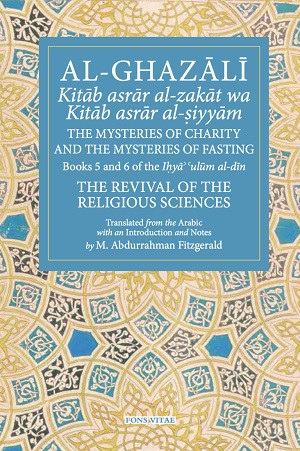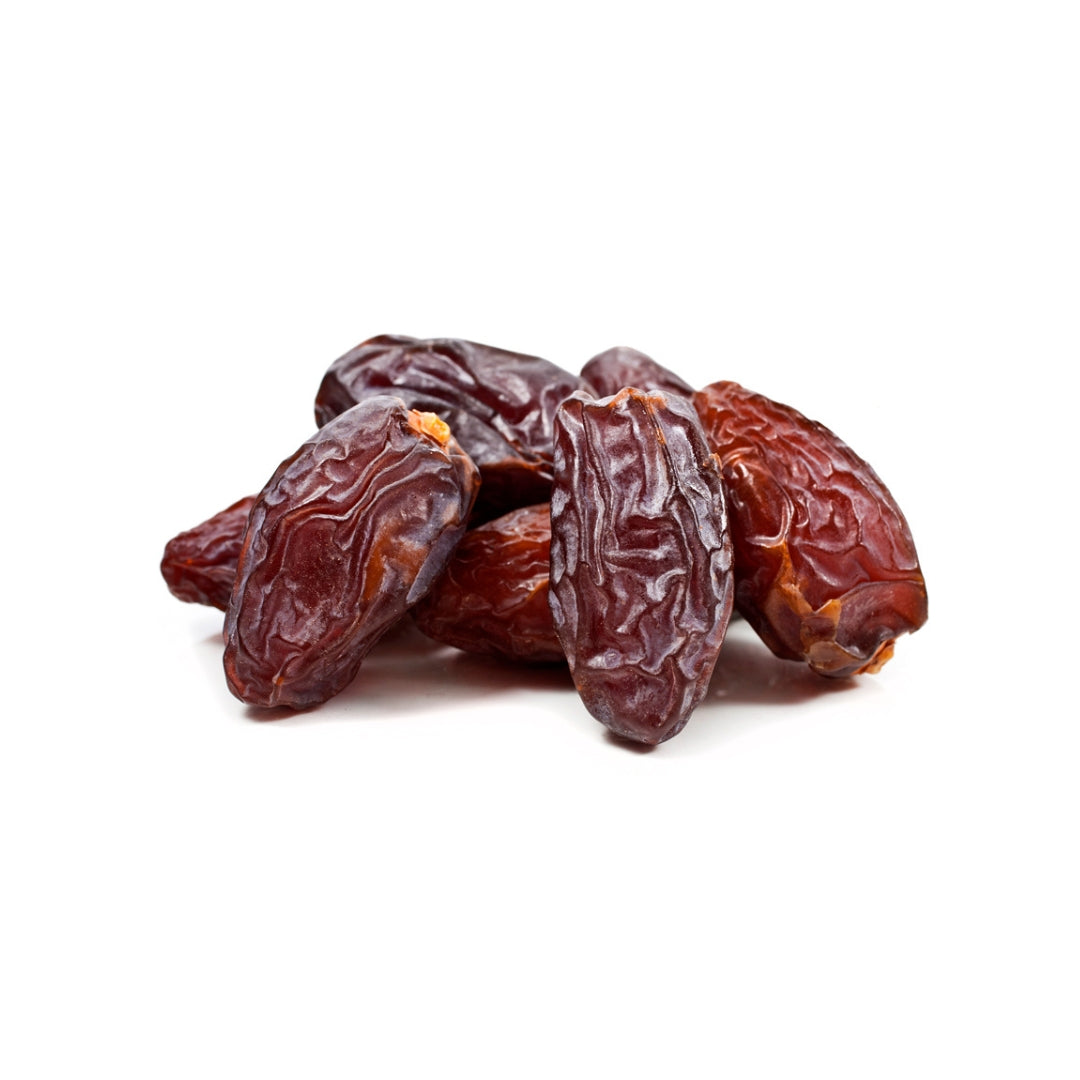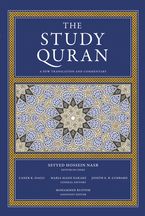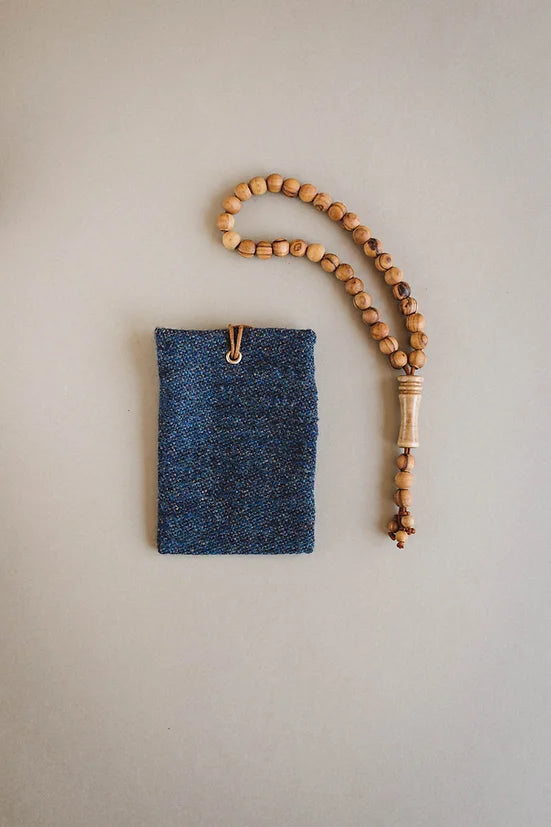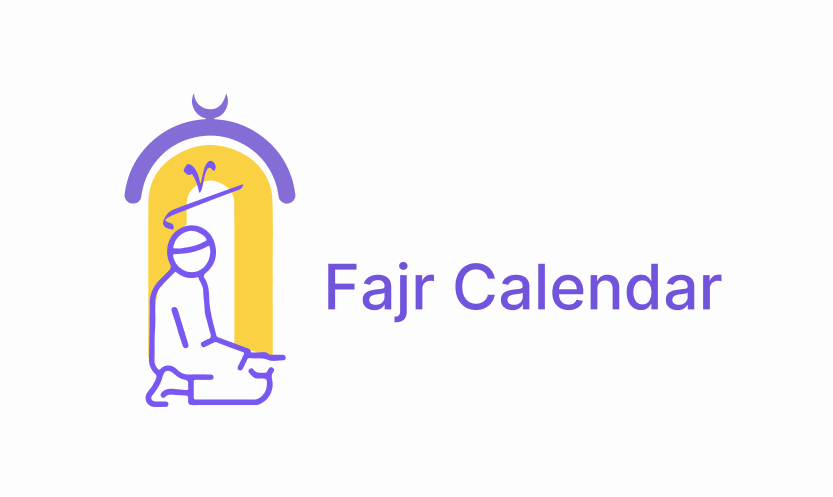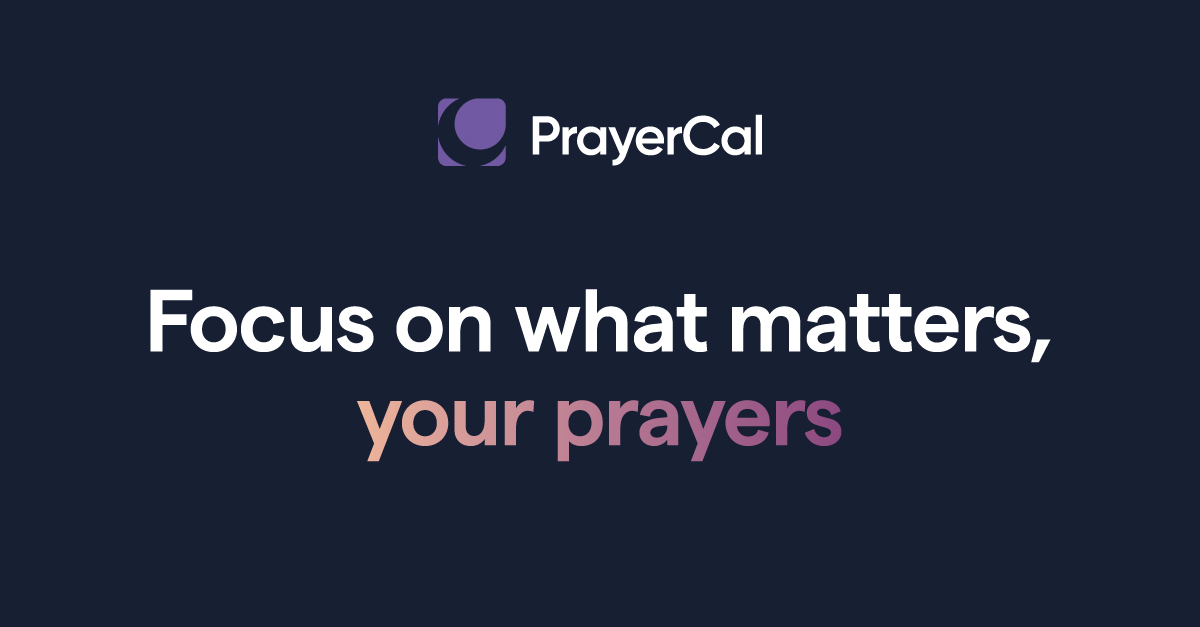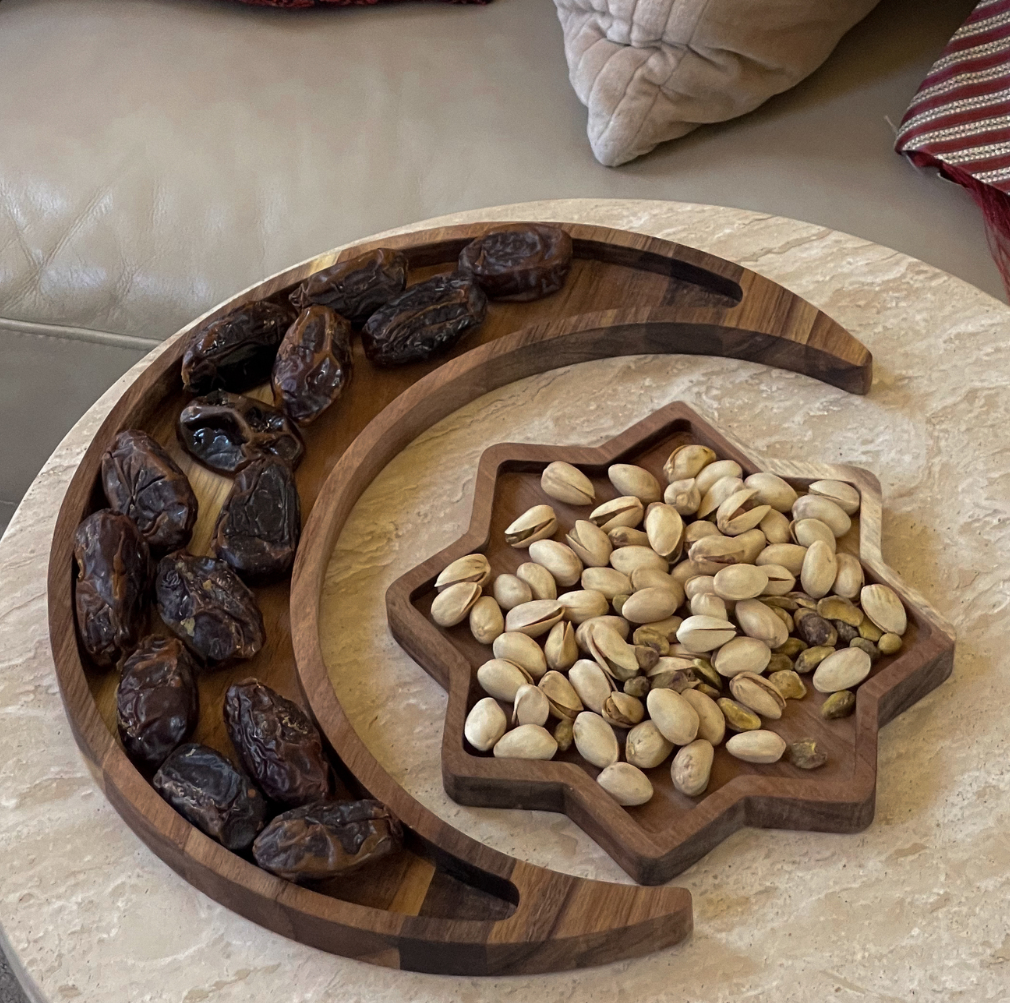- Muslim Hub
- Posts
- Your Best Ramadan Yet
Your Best Ramadan Yet
The MuslimHub Guide to Ramadan
بِسْمِ ٱللَّٰهِ ٱلرَّحْمَٰنِ ٱلرَّحِيمِ
With around 50 days left until Ramadan, this is the time to prepare for the greatest month of the year.
It’s reported that the salaf would begin their preparations months in advance before Ramadan, reflecting their commitment to start strong.
To make the most of this blessed month we’ve put together a guide for you, which we hope will help in making sure this is your best Ramadan yet, إِنْ شَاءَ ٱللَّٰهُ
Overview

Scholar, Osman Hamdi Bey (1878)
Deepen Your Understanding of Ramadan
When Ramadan ends, many of us look back with regret that we did not fully embrace this sacred month. The daily demands of our lives can sometimes feel like they're competing with our spiritual aspirations.
Understanding the profound significance of Ramadan – its role as a divine invitation to purification, renewal, and most importantly taqwa – can help us prepare our hearts and adjust our mindsets well before the first night of fasting.
In this 6th volume from the Ihya, Imam Al-Ghazali covers not just the outward obligations & sunna elements of fasting, but also explains the inner (باطن) meanings of what the fast represents.
You can also get this at Mecca Books and the Zaytuna Bookstore.
Fons Vitae has also made a version for children, with simpler reasoning & plenty of illustrations so that your kids can gain an appreciation for Ramadan & fasting.
This insightful series is perfect for preparing for, and enriching your Ramadan. You don’t want to be watching your usual TV shows or brainrot content on your phone.
For example, in this video Shaykh Abdal Hakim Murad talks about how during Ramadan the human will can overcome the lower ego & pride, and the trace that this leaves on our soul strengthens the jihad an-nafs all year round.
In these short videos, Shaykh Abdussalam al-Shuway’ir teaches us about the objectives of fasting, because through understanding the maqasid one can measure the success of their Ramadan.
Utilize Sha’baan شَعْبَان
Usāma b. Zayd (RA) narrated “I asked the Prophet ﷺ, ‘Why is it that you fast more in Shaban than any other month?’ The Prophet ﷺ replied, ‘That is a month neglected by the people between Rajab and Ramadan, and it is a month in which one’s deeds are raised to the Lord of the Worlds, so I love for my deeds to be raised while I am fasting.’”
Ibn al-Qayyim (d. 751/1350) mentions that The Prophet ﷺ fasted almost all of Sha’ban as a means of glorifying Ramadan — just as we use the sunnah as preparation for the obligatory prayer, so too is Sha’ban a preparation for, and glorification of, Ramadan.
For more on the virtues of Sha’ban, check out this blogpost from Yaqeen Institute.
Preparing Your Body for Ramadan
There are a few common issues that most of us run into at the beginning of Ramadan. Headaches, caffeine withdrawal, and disrupted sleep patterns distract us from worship during these precious early days.
Dr. Abud Bakri has put together a free guide that covers optimal health protocols for you to remain productive for work/school, be able to workout, and maintain enough energy for you to read the Qur’an & pray.
If you’re a coffee/chai addict enthusiast like me, check this video out so that you’re not waking up everyday with the fogginess that comes with caffeine withdrawal.
Dates
Speaking of health, stock up on your dates! The sunnah to open your fast with dates also has good physiological reasons: they provide the body with nutrients that your body is depleted of during your fast.
One of my favorite dates are the medjool, but you want to be careful where you source them from. More than half of medjool dates on the market are from Israeli settlements, who even use misleading Arabic labels.
Ramadan is truly the month of the Qur’an. Allah ﷻ has told us in Surah Baqara (183) that fasting has been proscribed to us that we may be people of taqwa.
As we empty ourselves physically and spiritually during the fast, it is imperative to replenish with goodness — and what could inspire God-consciousness in us more than the Speech of Allah ﷻ.
And while reciting the Qur’an is important, the most important thing is to understand the Qur’an.
The great Mauritanian scholar Shaykh Murabit al-Hajj was reported by his student Shaykh Hamza Yusuf to have said: “To memorize two lines is better than reading ‘two camel loads’. But to understand two lines, is better than to memorize two camel loads.”
For that reason, one of the translations I’d recommend is The Study Quran.
The Study Quran is not just a translation but a comprehensive commentary that draws on the rich scholastic tradition of classical Muslim scholars.
While it isn’t a tafsir, it gives you enough commentary to have a more holistic understanding of the verses you’re reading: its asbab an-nuzul (occasion of revelation & context), accompanying hadith, and clarifying statements from the ulema.
If you’re looking for a straightforward Quran translation and want to focus on reading through as many chapters as possible rather than diving into detailed interpretations, check out our blog post:
Tafsir
On the flip side, if you prefer an in-depth, detailed study of the Qur’an, then you want to pick up a tafsir, or exegesis of the Qur’an.
The standard exegesis everyone defaults to is Tafsir ibn al-Kathir but that doesn’t mean it’s the ideal choice. Here are 3 tafasir to consider this Ramadan:
Tafsir al-Jalalayn: a widely studied exegesis rooted in classical Islamic scholarship.
- Written by late medieval Egyptian scholar Jalal ad-Din al-Mahalli and his student Jalal ad-Din as-Suyuti, it is renowned for its straightforward, and concise explanations.Tafheem-ul-Quran: a comprehensive commentary offering a modernist perspective, with an emphasis on sociopolitical themes.
- Written by the late Pakistani scholar Abul A’ala Maududi originally in Urdu but is now also available in English, for free. This tafsir is also available on the popular Al-Quran app, that I highly recommend.Tafsir al-Tustari: the earliest surviving Sufi commentary on the Qur'an, explaining the mystical dimensions of the book.
- Written by Sahl al-Tustari, a Persian scholar during the “Islamic Golden Age”, recently translated and released by Fons Vitae.
Learn the words of the Qur’an with Kalaam
One of the greatest obstacles to khushū (presence, an attentive humility) in our prayer is because we don’t know the meaning of what is being recited.
As Shaykh Ninowy says, we’re not paying lip service to Allah ﷻ ; the sincerity of our recitation flows from comprehending the recitation.
During congregational prayers, it's natural for our minds to wander when the imam recites unfamiliar verses. Most of us haven’t memorized the entire Qur’an, but the good news is that you don’t need to, in order to grasp what is being recited, and therefore maintain presence.
To help with this, I wholeheartedly recommend downloading the Kalaam App: it is by far one of the best products I’ve reviewed while working on MuslimHub.co.
My favorite feature of the app is that you can select the chapters of the Qur’an you want to learn vocabulary from first. So you’ll instantly feel your heart connected in salah when you fully understand the meanings of the surah’s you’ve already memorized.
While we’re on the topic, here’s a short video where Shaykh Sulaymān al-Ruhaylī advises us on how to attain khushu in prayer:
Memorize More with Tarteel
The emphasis on understanding the Quran's meaning shouldn't overshadow the profound importance of recitation and memorization – in fact, these practices strengthen each other.
To that end, I recommend the Tarteel, an app designed to help Muslims in memorizing & properly reciting the Qur’an.
"We would learn ten verses of the Qur'an, not going beyond them until we understood their meanings and acted upon them. So, we learned knowledge and action together."
Tasbih from Rahatnook
Dhikr is mentioned alongside prayer by Allah ﷻ highlighting the paramount importance of remembrance. Rasul-Allah ﷺ was known to use the grooves on his right hand's fingers to count his adhkar. The misbaha has become a universally accepted tool for keeping track of this sunnah, the tactile feel adding another dimension to the practice.
I have this exact tasbih from Rahatnook and really enjoy the feeling of a wood tasbih!
Ibn Abbas reported: The Messenger of Allah ﷺ said: “I was ordered to use the toothstick so often that I thought something of it would be sent down to me in the Quran or revealed to me.”
The Apostle of Allah ﷺ loved oral hygiene: there are countless ahadith of him using siwak to keep his mouth clean & his breath fresh. He would use it upon waking up, during wudhu, before prayer, after isha, Aisha (may Allah be pleased with her) also mentioned that it was the first thing he would do when he entered his home.
There are many places you get miswak: I’d recommend going to your local Islamic general/lifestyle store, click the link below to see a bunch of stores that sell miswak on MuslimHub.co, or just ask the Muslim Hub chatbot!
Umm Habibah reported: The Messenger of Allah ﷺ said: “Were it not hardship for my nation, I would have commanded them to use the toothstick with every prayer as they perform ablution.”
Abu ‘Amr Shaibani reported that a man asked The Messenger of Allah ﷺ: which of the deeds are liked by Allah ﷻ ?
The Prophet ﷺ responded: “Prayer at its proper time.”
He asked “what next” — He ﷺ replied: “Then goodness to the parents”.
He again asked “what next” — He ﷺ replied “then jihad in the cause of Allah ﷻ”.
Here’s a few recommendations from Muslim Hub to ensure that you don’t miss the time of the prayer:
Check out more options to ensure praying at the proper time, by clicking the link below:
While worship requires dedication & toil, Allah ﷻ has not prescribed hardship for its own sake - if you have the means to make your worship more comfortable, there's Prophetic wisdom in doing so.
Allah ﷻ says regarding the fasts in Ramadan:
يُرِيدُ ٱللَّهُ بِكُمُ ٱلْيُسْرَ وَلَا يُرِيدُ بِكُمُ ٱلْعُسْرَ
Allah intends ease for you, not hardship.
For the long nights of tarawih, consider investing in a prayer mat with a backrest to support your back. A great gift for your parents, or elders in your life!
Use MUSLIMHUB for 20% off for anything on Deenin.com
You can also get them at your local Islamic lifestyle store, or at IslamicBookstore.com.
Though children aren't obligated to fast during Ramadan, this sacred month presents a perfect opportunity to cultivate their love for worship and understanding of their faith.
By including them in the spiritual atmosphere and festivities of Ramadan, we can help them develop a deep appreciation for this blessed time that Allah has chosen for our community.
Noor Kids has a great Ramadan Camp every year, and the live aspect with other children also makes it a social activity for kids.
Naturally, people want to beautify their homes during this festive month, and MuslimHub.co has you covered! Head over to the category page, using the button below:
Here are two ideas for your Ramadan decor this year:
"The Messenger of Allah ﷺ was the most generous of people, and he was even more generous during Ramadan when Jibril would meet him."
Deeds are multiplied in Ramadan, so this is the perfect time to be charitable.
The reason I enjoy giving through LaunchGood is that I only have to put in my credit card details once, and then I can sprinkle the amount I want to give across many different charities & campaigns. It’s also a great way for me to discover campaigns, instead of going through Google.
LaunchGood has recently created “Daily Giving” so that you can attain the blessings of charity every single day. You can choose a set amount that is donated to either the choice of your charities (Giving List) or you can let LaunchGood choose what campaign it goes to based on need.
Abu Huraira reported that The Messenger of Allah ﷺ said, “Take up good deeds only as much as you are able, for the best deeds are those done regularly even if they are few.”
Setting up automated daily charity for the last ten days of Ramadan ensures I'll have given sadaqa on Laylatul Qadr, whenever it falls.
While some might hesitate about automation in worship, the intention is established upfront and remains sincere - whether we give manually each day or set up a thoughtful plan in advance.
May this Ramadan guide serve as a beneficial resource for you on your journey - any goodness in it comes solely from Allah ﷻ , while any shortcomings are my own.
I pray that Allah ﷻ grants us all our most spiritually enriching Ramadan yet, grants us taqwa, grants us the company of Al-Qareeb, and accepts our Ramadan.
السَّلاَمُ عَلَيْكُمْ وَرَحْمَةُ اللهِ وَبَرَكَاتُهُ

Ramadan Nights by Mohammad Racim
